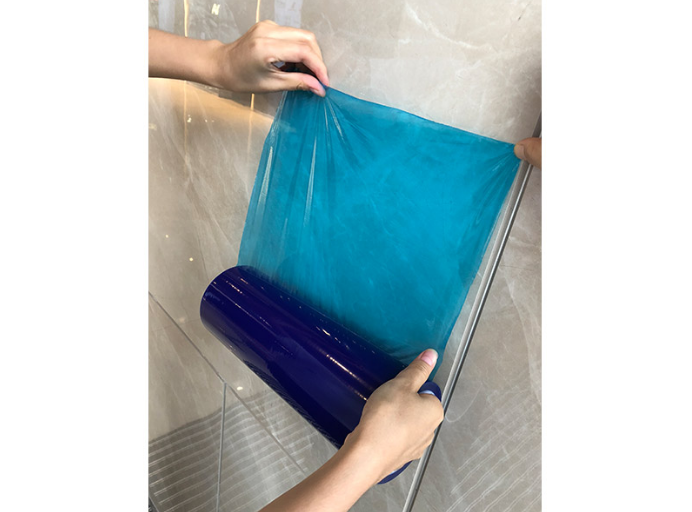Your Position: Home - Plastic Stocks - The Business Guide to Protective Film: Industry Benefits and Applications
Protective film is an indispensable material across various industries, offering innovative solutions that enhance product longevity, aesthetics, and safety. As business owners and decision-makers seek ways to safeguard their investments, understanding the benefits and applications of protective film is paramount to making informed choices. This guide aims to explore the significance of protective films, showcasing their diverse uses and industry advantages.
Protective film refers to a thin, transparent layer applied to surfaces to shield them from scratches, dirt, and other forms of damage. Commonly made from polyethylene, polyvinyl chloride (PVC), or polyurethane, these films serve as a protective barrier for various materials, including glass, metal, plastics, and electronics. They can be easily applied and removed, making them a popular choice for short-term or long-term use.
One of the primary benefits of using protective film is its ability to enhance the durability and longevity of products. By acting as a barrier against environmental factors, these films help maintain the integrity of surfaces, reducing the need for repairs or replacements. For example, using  in construction materials like marble and ceramics prevents scratches and surface damage, prolonging the life of high-end finishes.
in construction materials like marble and ceramics prevents scratches and surface damage, prolonging the life of high-end finishes.
Investing in protective film can be cost-effective in reducing maintenance and replacement costs over time. By minimizing the risk of damage during manufacturing, transportation, or installation, businesses can save substantial amounts that would otherwise be spent on repairs or product loss.
In the electronics sector, the need for protective films is paramount. Surface protection film is often utilized to cover screens and internal components, preventing scratches and dirt accumulation throughout the manufacturing and shipping process. This proactive approach ensures that products reach consumers in pristine condition.
The automotive industry benefits significantly from protective films, particularly in safeguarding paint finishes and interiors. Films designed specifically for vehicles can prevent scrapes and dings while maintaining the vehicle's aesthetic appeal. Furthermore, these films can help protect against UV rays, minimizing fading and damage caused by sun exposure.
During construction and renovation projects, protective films can safeguard surfaces from dust, debris, and damage. They are often applied to windows, doors, and flooring to preserve their conditions until the completion of projects. Their easy application makes them ideal for temporary protective solutions in high-traffic areas.
Protective film is an essential component across numerous industries, providing exceptional protection, durability, and cost savings. As businesses continue to prioritize product integrity and customer satisfaction, investing in quality protective films will undoubtedly play a significant role. To learn more about choosing the right protective solutions for your specific needs, consider exploring various providers to find reliable protective plastic film.
167
0
0
Comments
All Comments (0)